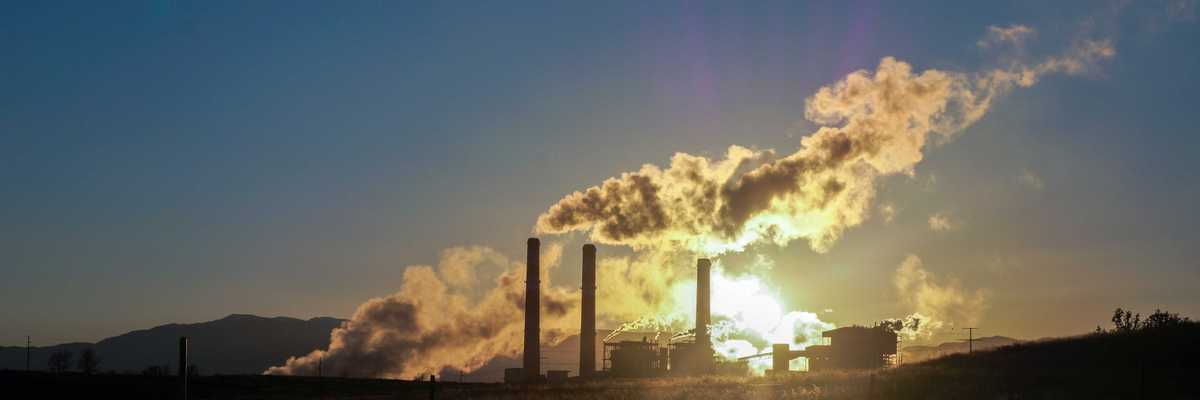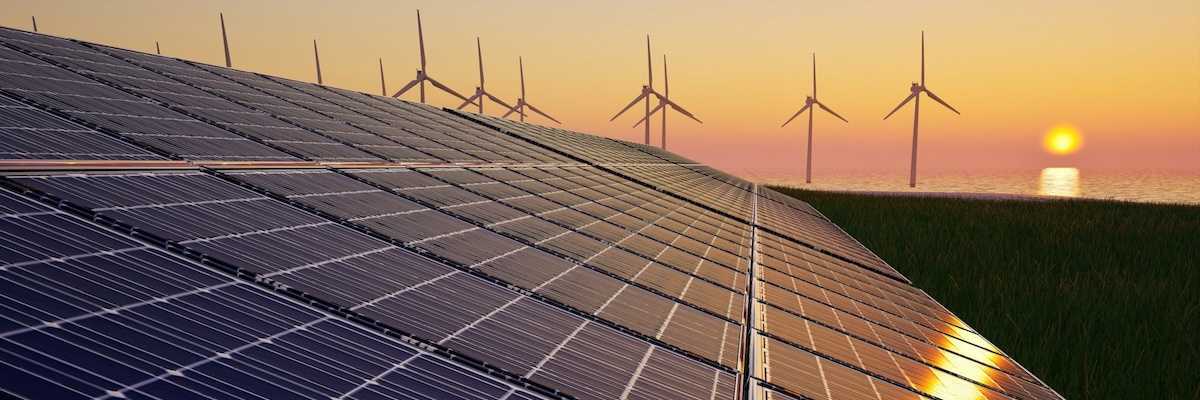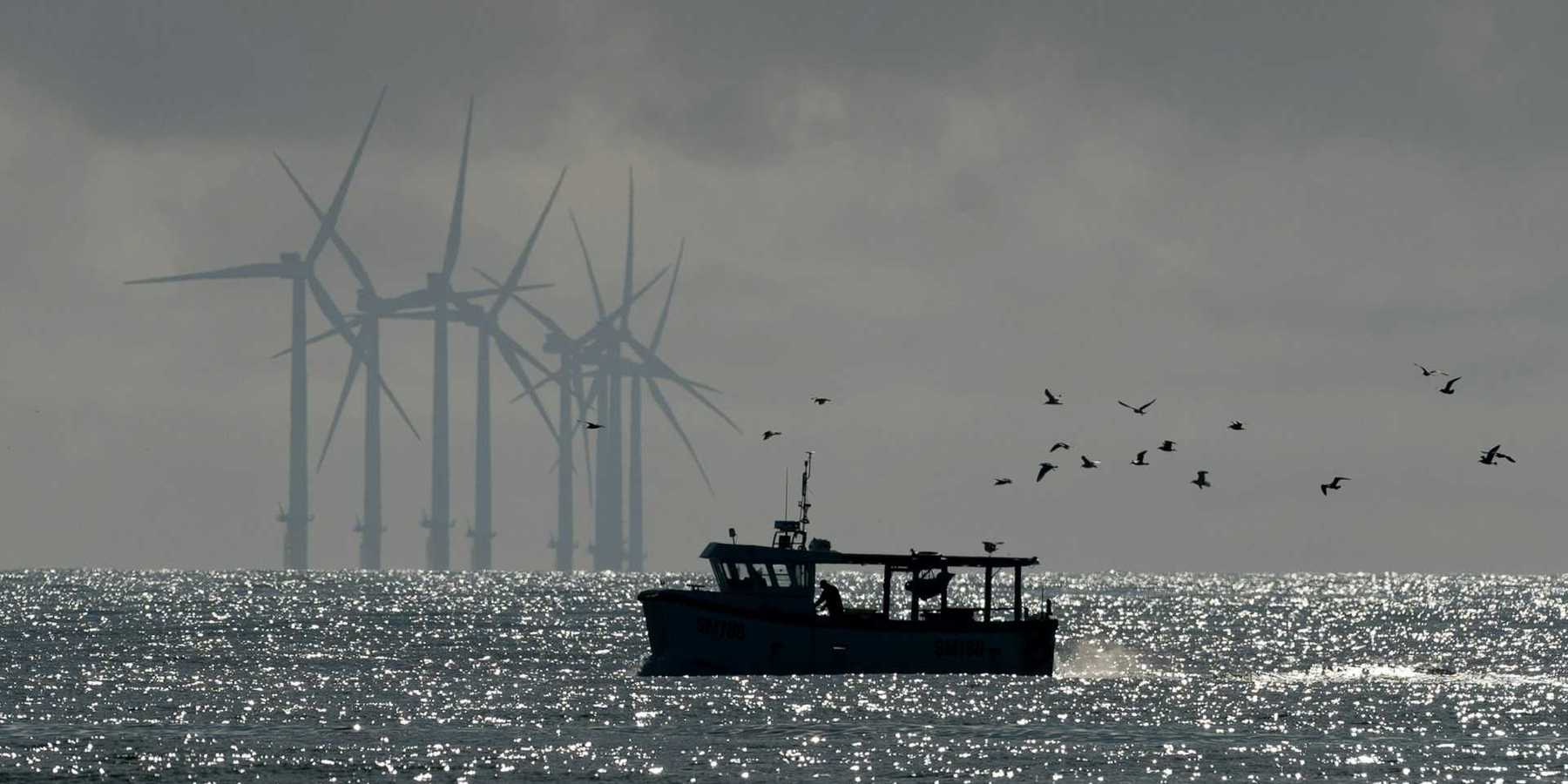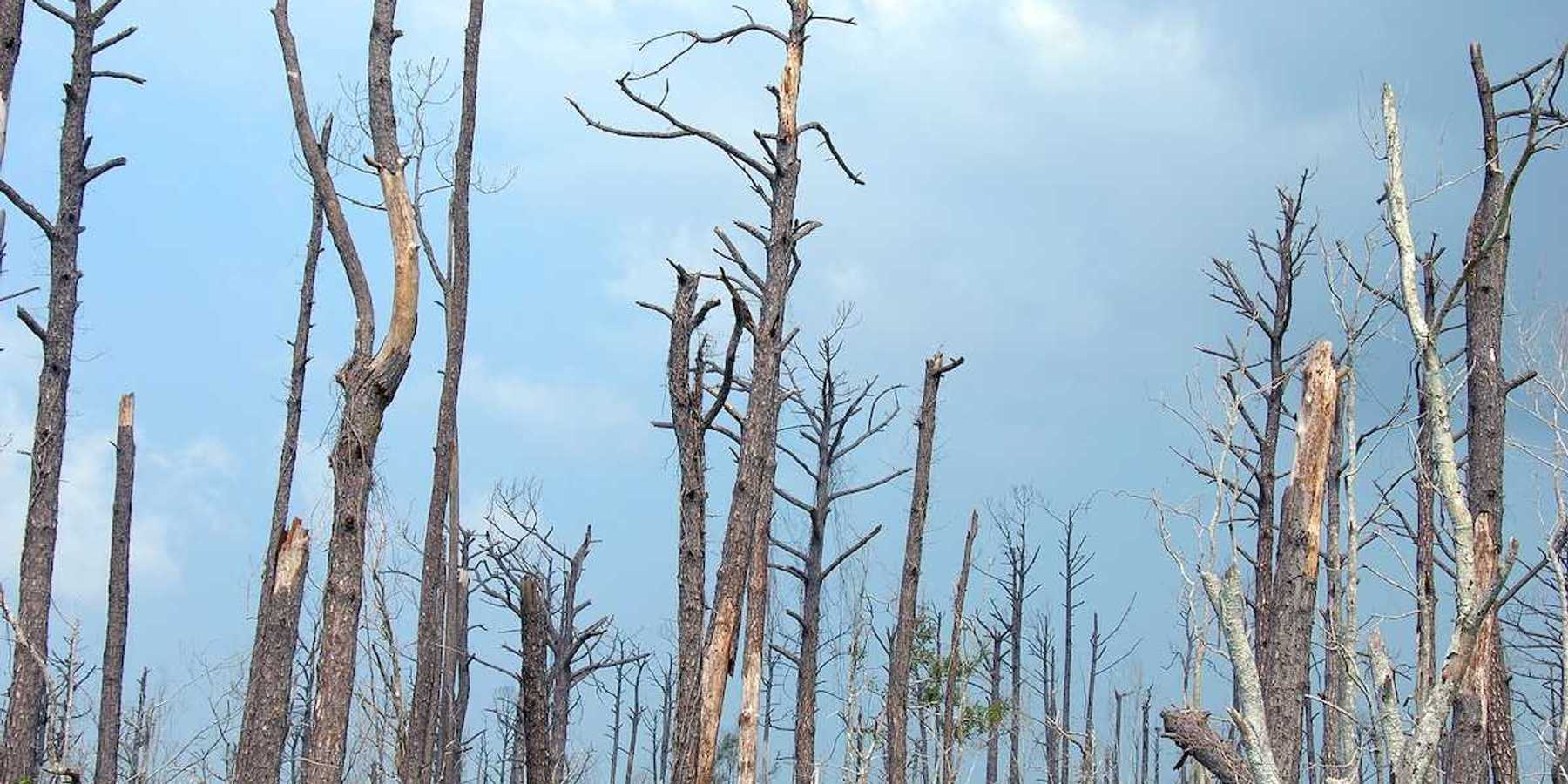coastal flooding
Rising sea levels may force millions to relocate by 2050
Millions of Americans could see their daily lives disrupted by frequent flooding due to rising sea levels by 2050, a new study warns.
In short:
- Almost 1,100 critical infrastructure assets in the US face the risk of monthly flooding by 2050, with 934 at risk every other week.
- Coastal communities, including California and Florida, need urgent resilience measures or relocations to avoid becoming unlivable.
- Disadvantaged communities, with higher proportions of Black, Latino, and Native American residents, are most at risk.
Key quote:
“Failing to prioritize resilience solutions in these communities risks reinforcing the harmful legacy of environmental racism and colonialism in places already grossly underserved and overlooked.”
— Juan Declet-Barreto, senior social scientist for climate vulnerability at UCS
Why this matters:
Rising sea levels will increasingly threaten homes, schools, and vital infrastructure, especially in marginalized communities. Without urgent action, the frequency and severity of floods will worsen existing social inequalities and force mass relocations.
New England battered by fourth storm since December
An intense storm caused significant flooding along New England's coastline, marking the fourth such event since December.
- Coastal New Hampshire and southern Maine faced significant flooding due to high ocean surges, with areas like Hampton and Portland heavily impacted.
- The storm caused widespread coastal flooding from Massachusetts to Georgia, with damage extending as far south as Charleston, S.C., and included heavy rains and snow in the interior Northeast.
- This series of storms, intensified by climate change, heralds an increasing frequency of coastal flooding in the region.
Key fact:
The sea level has risen more than a foot in the Northeast United States since 1900 and is rising faster there than the global average.
Why this matters:
The repetitive and severe weather events in New England highlight the tangible consequences of climate change, emphasizing the urgency for environmental awareness and policy action to mitigate impacts on health, safety, and infrastructure. Will our shared misery help to bring us together on climate action?
Louisiana's coastal wetlands face critical threat from rising sea levels
A recent study highlights the perilous state of Louisiana's coastal wetlands, with a majority facing "drowning" due to unprecedented sea level rise, posing significant risks to the region's natural defenses and ecosystem.
Brady Dennis and Chris Mooney report for The Washington Post.
In short:
- Scientists have found that 87% of Louisiana's coastal wetlands are unable to keep pace with rapidly rising sea levels, significantly impacting their survival.
- The state has already lost more than 2,000 square miles of wetland since 1932, exacerbating vulnerability to hurricanes and storm surges.
- Efforts to restore coastal wetlands through extensive and costly projects are underway, but the natural progression of sea level rise presents a daunting challenge.
Key quote:
“The Earth is mostly ocean, and it’s becoming more ocean. That’s the bottom line.”
— Adam Langley, wetlands researcher and biology professor at Villanova University
Why this matters:
Louisiana's wetlands are crucial for protecting against storms, filtering pollutants, and supporting wildlife. Future sea level rise is notoriously difficult to predict, with myriad interconnected variables at play.
Maine officials, climate council agree building resilience to extreme weather a top priority
Dolan, Godfrey: Scientists proved Outer Banks are moving
Sinking US cities already face ‘real impacts’ as subsidence poses risk to buildings and roads
‘Hotspots of sinking land intersect directly with population and infrastructure hubs,’ researchers warn.









